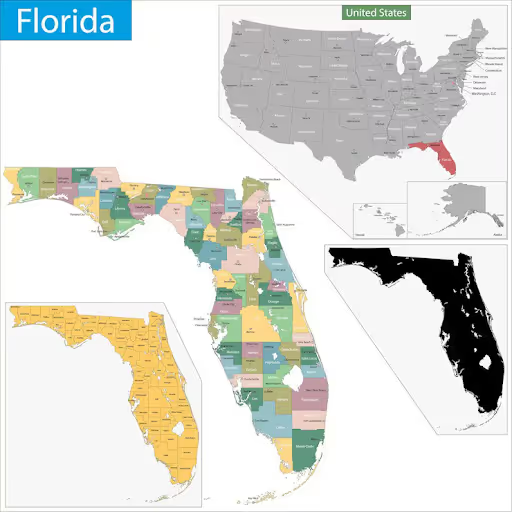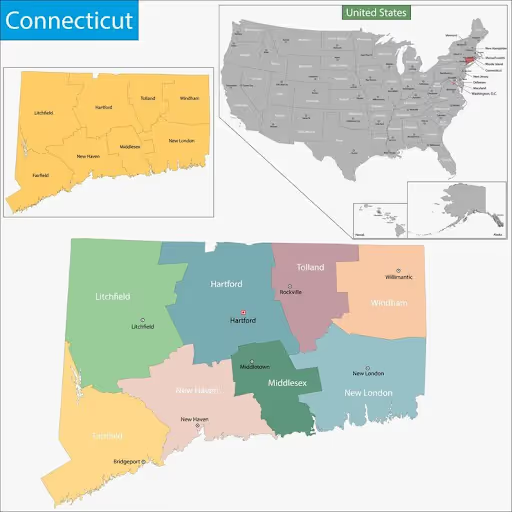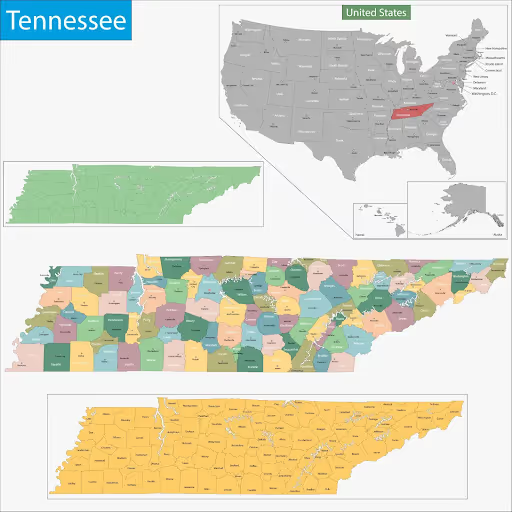Wildland Fire Resources in Massachusetts

Table of Contents
Massachusetts may not have the vast forests of the Pacific Northwest or the high alpine ecosystems of the Rockies, but wildfire is a real and growing concern here. With tightly packed suburbs backing into oak-pine forests, a surge in outdoor recreation, and increasing drought conditions, fire investigators in the Bay State face complex WUI dynamics and terrain that’s more combustible than it looks.
This guide walks you through the agencies, seasonal triggers, regional fire behavior, and wildland fire resources in Massachusetts that you’ll need to navigate investigations in the state.
Learn more with our wildland firefighting resources guide.
Use this tool to monitor real-time fire activity and preparedness across Massachusetts:
Massachusetts is heavily forested east to west, and while the topography is relatively gentle, fuels can be dense and dry quickly. The greatest wildfire risk comes not from massive acreage but from ignition points close to people, roads, and structures.
- Southeast Massachusetts (Pine Barrens): The Cape Cod and Plymouth regions feature sandy soils and dense pitch pine, similar to New Jersey's fire-prone Pine Barrens. Fires spread quickly and erratically.
- Central Massachusetts: A mix of hardwoods and suburban sprawl creates WUI risk. Backyard burns, campfires, and leaf piles are frequent ignition sources.
- Western Massachusetts (Berkshires): More rugged terrain and heavier fuels, with fewer ignitions but longer-duration fires when they occur.
Human-caused fires dominate the stats here, and investigators often find themselves in tight neighborhoods or hard-to-access forest patches when tracing origin and cause.
Wildfire Season Timeline
Massachusetts experiences two distinct wildfire seasons:
- Spring (March–May): Peak fire window. Before green-up, leaf litter and dry grass ignite quickly. Wind and low humidity are common.
- Fall (October–November): Leaf fall and brief drought periods can trigger a secondary fire season.
Burn bans are issued locally, but the DCR Fire Control Division monitors and posts daily danger ratings statewide.
Key State Agencies Involved
- Department of Conservation and Recreation (DCR) – Bureau of Forest Fire Control: The lead agency for wildland fire suppression and investigation. DCR maintains fire wardens, air operations, and suppression crews.
- Massachusetts Emergency Management Agency (MEMA): Coordinates interagency response and mutual aid during major wildfire events.
- Massachusetts State Police Fire & Explosion Investigation Section: Investigates arson, suspicious fires, and large-scale ignition events.
- U.S. Fish and Wildlife Service / National Park Service: Responsible for federal fire management at places like Cape Cod National Seashore and Great Meadows NWR.
Initial response in Massachusetts is usually managed by local agencies, especially in rural communities. Below is a quick look at the resources locally available in Massachusetts.
List of Local/State/Federal Fire Response Agencies
- Massachusetts DCR Fire Control: Leads on all wildland fire suppression and investigation efforts statewide.
- Municipal Fire Departments: Provide first response and support scene preservation for investigations.
- Massachusetts State Police Fire Investigation Unit: Called in for cause determination and potential criminal charges.
- National Park Service / USFWS: Handle fire response on federal lands.
Contact Numbers and Emergency Links
- To Report a Wildfire: Dial 911
- Massachusetts DCR Fire Control Headquarters: (508) 435-4303 | mass.gov
- MEMA Duty Officer: (508) 820-2000 | mass.gov/mema
- Daily Fire Danger Map: mass.gov/fire-danger
There are a number of regional academies that offer NWCG-compliant wildland fire training in Massachusetts. Seasonal opportunities for volunteers are also widely available.
NWCG-Approved Academies and Centers
- Massachusetts Firefighting Academy: Offers training to municipal fire service personnel at no cost to towns and cities. Training is conducted at local fire departments and at their Stow, Bridgewater, and Springfield campuses.
- Northeast Forest Fire Protection Compact (NFFPC): Provides interagency training across New England with modules hosted in Massachusetts.
- U.S. Forest Service & NPS NE Region Training: Available to partners through Cape Cod, Monomoy, and other federal lands.
Volunteer and Seasonal Training Opportunities
- DCR Seasonal Wildland Firefighters: Hired annually to support suppression, patrolling, and fireline operations.
- Community Fire Corps Programs: Volunteer and internship opportunities for those looking to gain field exposure.
- Municipal Fire Department Wildland Training: Typically coordinated with DCR for red card or awareness training.
Massachusetts wildfire behavior may not make national headlines, but it requires sharp local awareness. The fires here start fast, often close to homes, and burn in fragmented fuels that hide ignition clues well.
For investigators, the edge lies in:
- Monitoring daily fire danger from DCR
- Staying networked with local wardens and fire chiefs
- Tracking drought trends and wind forecasts
- Refreshing FI-210 and NWCG training regularly
Your best casework starts with strong relationships and scene familiarity, especially in a state where suburban driveways lead right into dry oak and pine.
How do I report a wildfire in Massachusetts?
Dial 911 immediately. Fire Control and local departments will be notified automatically.
Are burn permits required?
Yes. Open burning is only allowed between January 15 and May 1 with local fire department approval.
Who investigates wildfires in Massachusetts?
DCR Fire Control leads the investigation. For suspicious fires or large incidents, the Massachusetts State Police Fire & Explosion Investigation Unit joins.
Can I get red card certified in Massachusetts?
Yes. Through the Massachusetts Firefighting Academy or NFFPC-sponsored NWCG courses hosted in the state.



